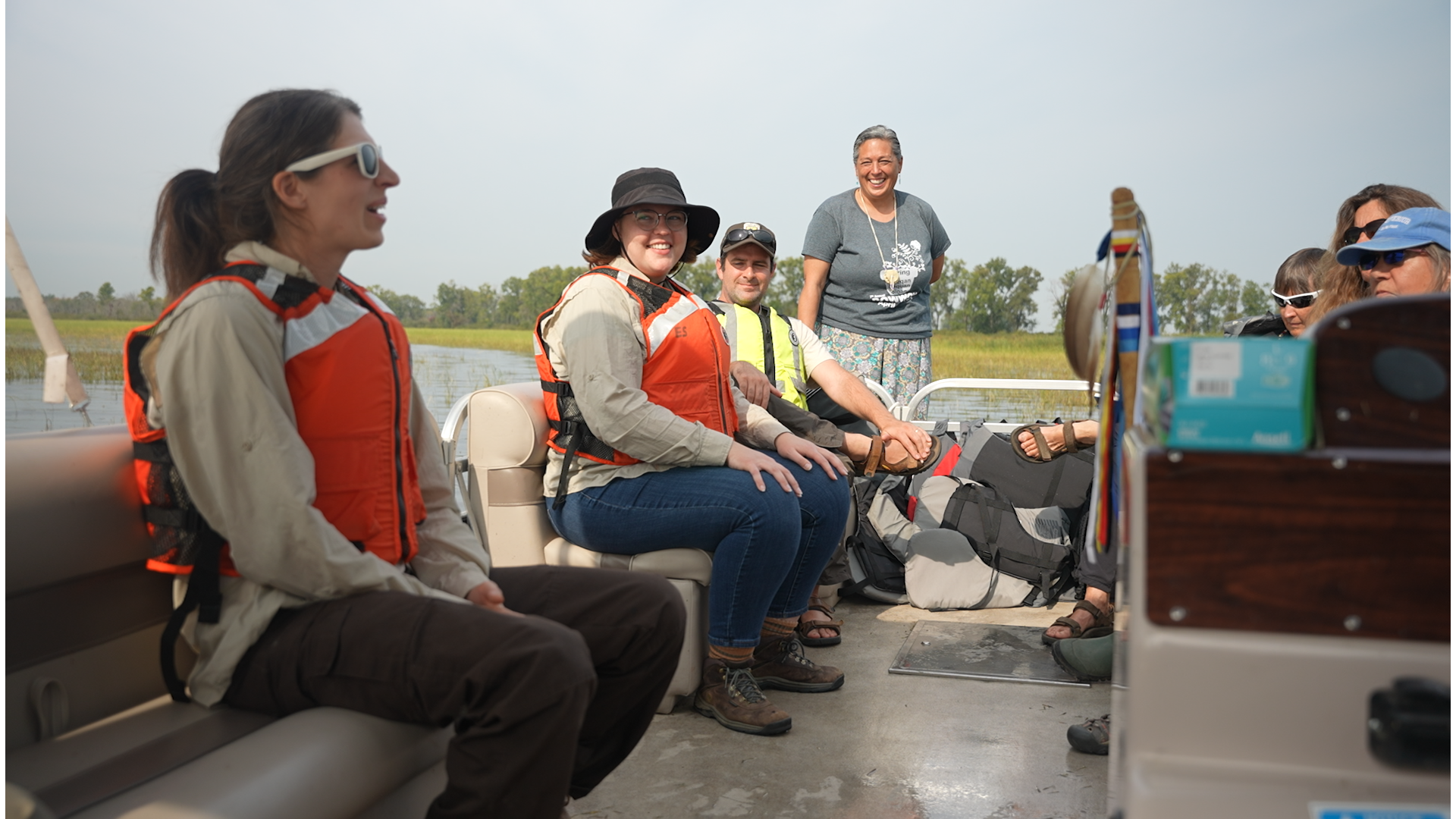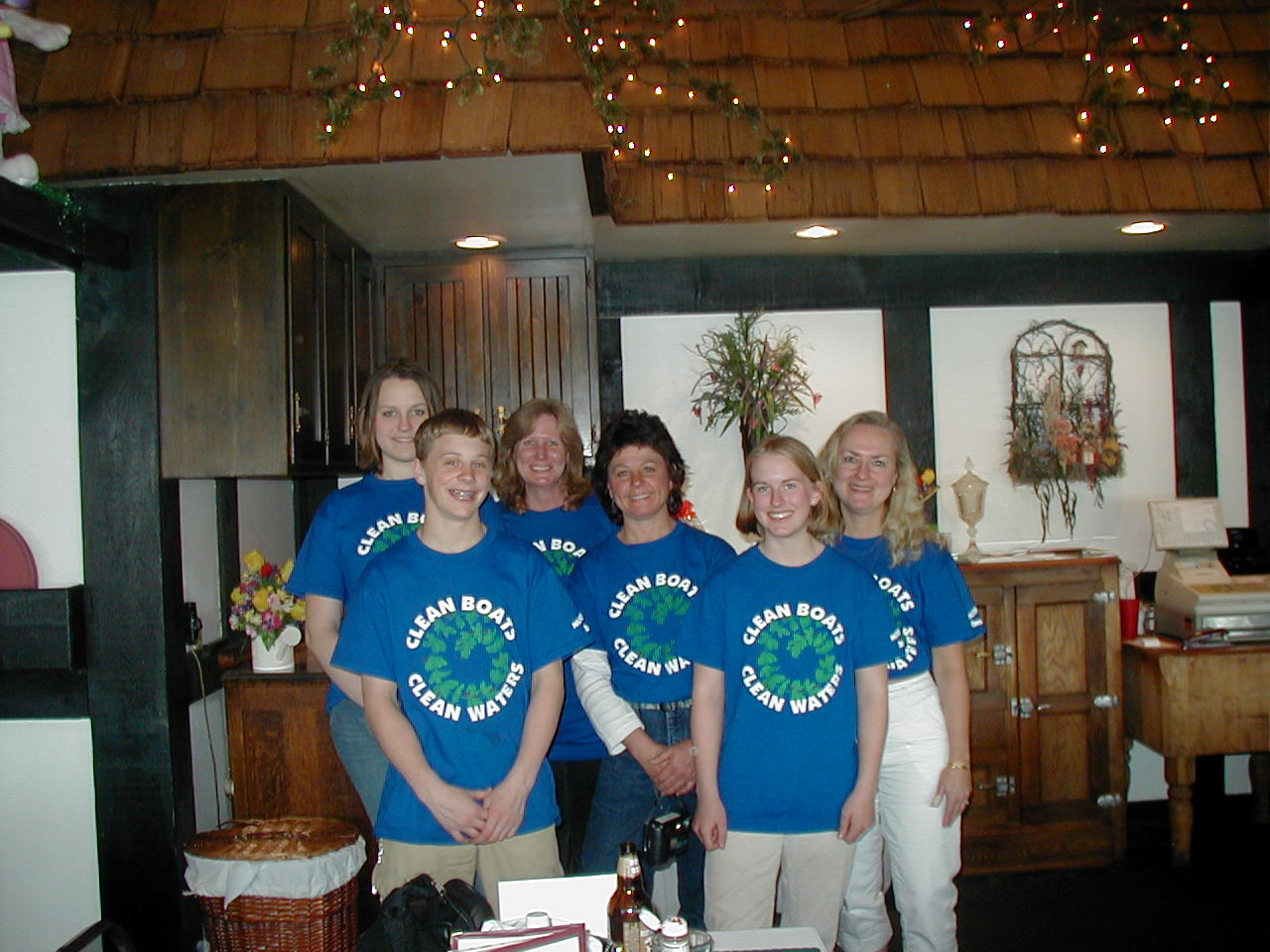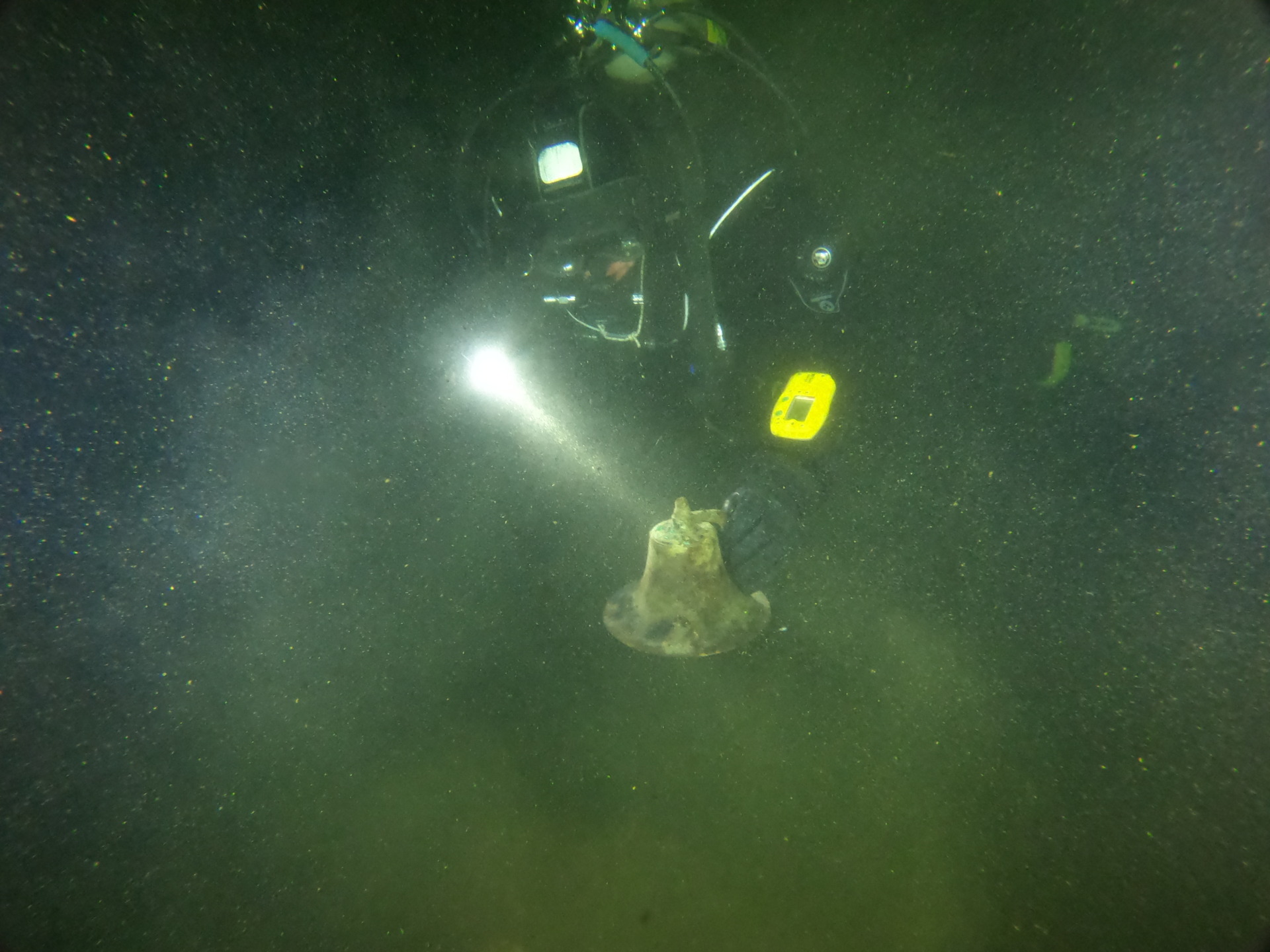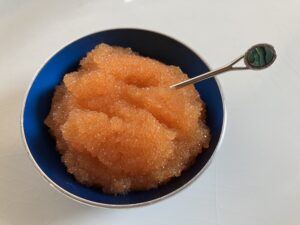
Wisconsin commercial fishermen will again have access to a lucrative European market for their fish roe, otherwise known as caviar, thanks to Wisconsin Sea Grant. Photo: Sharon Moen
Swedish hospitality wouldn’t be complete without a spread of crackers or bread and accompanying roe, the eggs from fish and also known as caviar. Because of Sea Grant’s role in facilitating the exchange of information, some of this roe will be coming from the Great Lakes.
A Sept. 28 decision from the World Wildlife Fund-Sweden to rank Wisconsin commercial lake whitefish and cisco fisheries as “best choice” with regard to sustainability means the roe from these fish can grace Swedish tables as a tasty, salty treat of skirom or löjrom without obstacles.
Prior to that release of a “green, best choice” ranking for commercial fisheries in the Wisconsin and Michigan waters of lakes Superior and Michigan, the lake whitefish fishery–which yields sikrom–was in jeopardy. The cisco fishery of Lake Superior, which yields löjrom, was also in question. Great Lakes commercial fishers rely on the international sale of roe, a high-value product, to make ends meet.
Sharon Moen, Sea Grant’s food fish outreach coordinator, explained: “About two years ago, I was contacted by a fish processor/seafood importer/exporter operating in Door County. Because lake whitefish and cisco were rated red (unsustainable) by the World Wildlife Fund-Sweden, roe sales were plummeting as the products were being pulled from Swedish markets. The vigor with which red-rated products are leaving the Swedish marketplace has escalated each year since then. If the ratings didn’t change this year, the Great Lakes roe industry would have been devastated.”
Thanks to Moen’s intervention that rating changed from red to green early in the morning on Sept. 28 when new rankings were released. What led up to that change were Moen’s presentations to the Swedish Seafood forum, production and distribution of fact sheets on the fishery and lengthy facilitated conversations. She brought together Great Lakes fisheries managers, roe processors, the Monterey Bay Aquarium’s Seafood Watch staff, World Wildlife Fund-EU, World Wildlife Fund-Sweden and Swedish seafood industry leaders.
There is another “green” to celebrate, green to the tune of $15 million annually. That’s the estimate from domestic tribal and commercial fishers and processors about the worth of their anticipated roe export to Europe.
“Within minutes of my Sept. 28 joint presentation with Andy Edwards, treaty natural resources manager with the Red Cliff Band of Lake Superior Chippewa, the two largest retail chains in
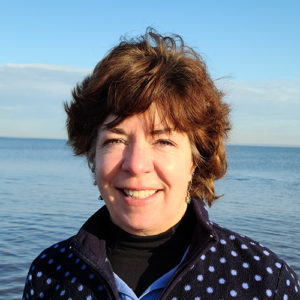
Sharon Moen is the food fish outreach coordinator and brought together many parties to discuss Lake Superior lake whitefish and cisco.
Sweden contacted an importer to place orders,” said Moen.
One of those importers reached out to Moen and said, “It’s thanks to your hard work and extraordinary presentation our deepest wishes came true!,” said Tony Hartwig, CEO of Olle Hartwig Aktiebolag. “Now, we have busy days working out a market plan to promote roe again from Lake Superior, Wisconsin!”
Moen is pleased the ranking has been changed because she wholeheartedly stands by the science behind the management of the fishery and the professionalism of the commercial fishers. “From my perspective, the red rating reflected communication challenges, the complexity of Great Lakes fisheries management and the scarcity of money for a due-diligence assessment.”
As Dan Grooms said, “Fishing the Apostle Islands for food had been an integral part of the Anishinaabe’s way of life. Our fishers and our tribe depend on responsible fisheries management for sustainability for future generations.” Grooms was formerly the business manager of Red Cliff Fish Co., a business owned by the Red Cliff Band of Lake Superior Chippewa.



